I strongly encourage that you read the recommended books listed here they are not only very interesting but utterly life changing. Regardless of your spiritual background or beliefs, these resources will provide you with a true perspective of who we really are and what we really need out of life. There is a lot to be said for an open mind. These books will provide you with the deep awareness of the supernatural within us all and the wisdom we need in order to relate to one another, clarifying and perfecting our ever developing consciousness. If we are to continue to develop to our fullest potential in a loving connected world we must make every effort to understand ourselves and steer the attitude of the whole of society towards a healthier compassionate community of connected individuals.
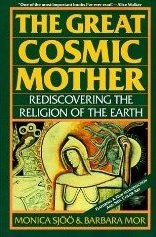
Monica Sjoo & Barbara Mor
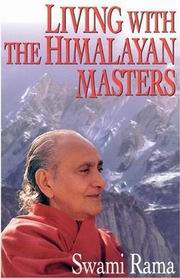
Swami Rama
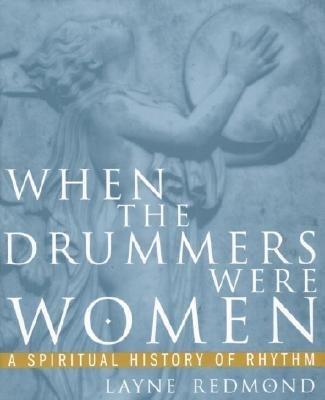
Layne Redmond
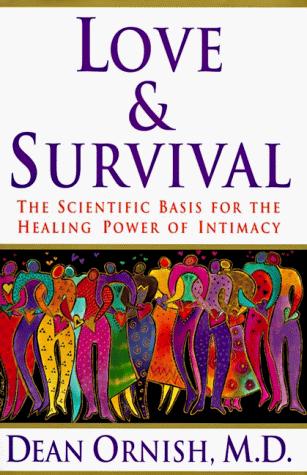
Dean Ornish
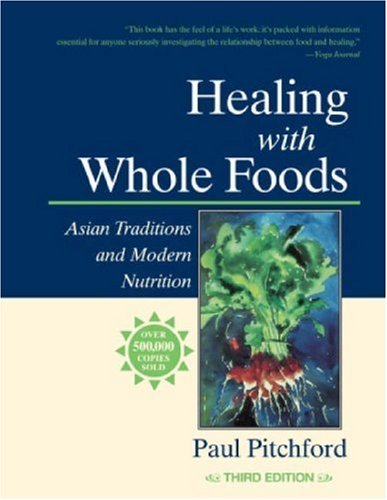
Paul Pitchford
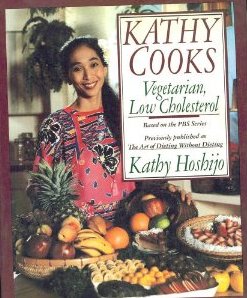
Kathy Hoshijo
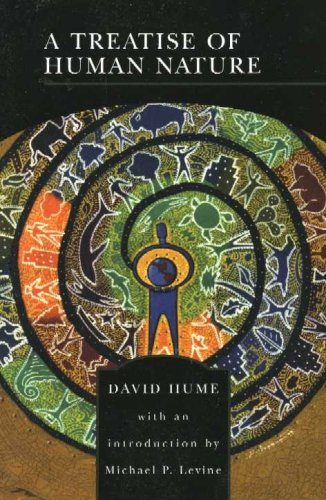
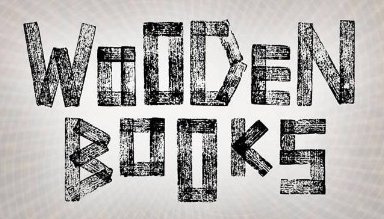
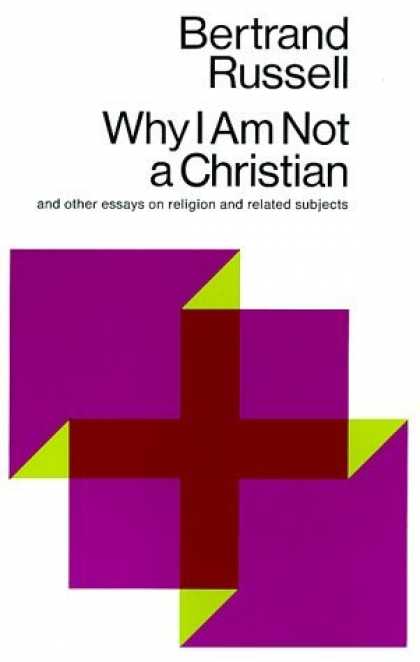
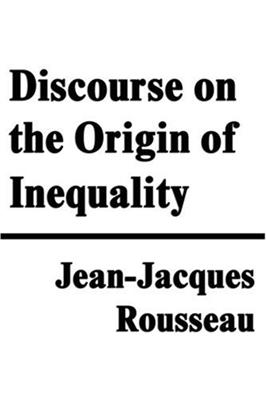
Jean-Jacques Rousseau
The Great Cosmic Mother - Rediscovering the Religion of the Earth.
Where did the term Faggot come from? The dictionary tells us its bundle of sticks for starting a fire, its also a common derogatory term for a Gay man, so where is the connection? This book explains when the Christians came into Europe during the witch hunts the local Gay men would be used to start the pyre. This book is FULL of facts - Why do priests wear long robes that look like a dress? - simply because they are imitating the priestess who was the original sacred altar keeper.
Highly recommended for a true perspective on our cultural origins!
Living with the Himalayan Masters
Full of AMAZING true stories of the life experiences of Swami Rama. Supernatural powers mentioned on almost every page, deep spiritual teachings that apply to all human beings. A true guide for everyone hungry for universal spiritual food.
Jesus is even mentioned as a Swami who lived in the mountains during his time of solitude.
Living ants halved in two then rejoined unharmed, a ninety-six-year-old lady sage who never slept, traveling through the valley of the flowers, teaching the value of direct experience. Fascinating true life stories of a great many generations of spiritual guides.
My hero Swami Rama!
When the Drummers were Women - A spiritual history of rythm.
Throughout pre-Christian history, drumming was used by Mediterranean and Middle Eastern cultures as a medium of communication and spirituality and as a way of exploring human consciousness in connection to the surrounding world. Growing out of a powerful feminine and Goddess tradition, these mystical practices flourished in Temples and secular life until they were forcibly surpressed by the advent of Christianity.
Ms Redmond, an acknowledged expert on the ancient history of women in music reveals an extraordinary chronicle of women as drummers and leaders of rituals. Using an extensive collection of images from Temples gathered during more than 10 years of research and travel in the Middle East ad Europe, readers are given a captivating visual confirmation of the validity and power of a Goddess- oriented tradition.
Love and survival - The scientific basis for the healing power of Intimacy
Healing with Whole Foods
Kathy Cooks
A Treatise of human nature
Wooden Books
Why I am not a Christian-and other essays on religion and related subjects
Dedicated as few men have been to the life of reason, Bertrand Russell has always been concerned with the basic questions to which religion also addresses itself-questions about mans place in the universe and the nature of the good life, questions that involve life after death, morality, freedom, education, and sexual ethics. He brings to his treatment of these questions the same courage, scrupulous logic, and lofty wisdom for which his other work as philosopher, writer, and teacher has been famous. These qualities make the essays perhaps the most graceful and moving presentation of the freethinker's position since the days of Hume and Voltaire.
Whether the reader shares or rejects Bertrand Russell's views, you will still find this book an invigorating challenge to set notions, a masterly statement of a philosophical position, and a pure joy to read.
Discourse on the Origin of Inequality
Rousseau discusses two types of inequality, natural or physical and ethical or political. Natural inequality involves differences between one man's physical strength and that of another – it is a product of nature. Rousseau is not concerned with this type of inequality and wishes to investigate moral inequality. He argues moral inequality is endemic to a civil society and relates and causes differences in power and wealth. This type of inequality is established by convention. Rousseau appears to take a cynical view of civil society, where man has strayed from his "natural state" of isolation and consequent freedom to satisfy his individual needs and desires. For Rousseau, civil society is a trick perpetrated by the powerful on the weak in order to maintain their power or wealth. But this is Rousseau's final conclusion; he begins his discussion with an analysis of a natural man who has not yet acquired language or abstract thought.
| “ | The first man who, having fenced in a piece of land, said "This is mine," and found people naïve enough to believe him, that man was the true founder of civil society. From how many crimes, wars, and murders, from how many horrors and misfortunes might not any one have saved mankind, by pulling up the stakes, or filling up the ditch, and crying to his fellows: Beware of listening to this impostor; you are undone if you once forget that the fruits of the earth belong to us all, and the earth itself to nobody. | ” |
— Jean-Jacques Rousseau, Discourse on Inequality. |